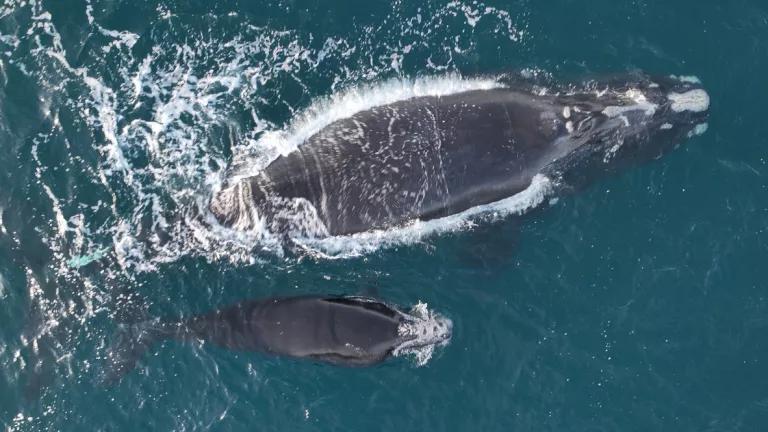Solomon Islands allows the capture of live dolphins for sale to themed resorts. These resorts attract people with the promise of being able to swim with dolphins. Yet they don't advertise that these dolphins were captured thousands of miles away, kept in small pens for months on end, where many perish, and that many die after settling into their new artificial homes.
Two years ago, the Animals Committee of the Convention on International Trade in Endangered Species (CITES) questioned whether Solomon Islands trade in its local bottlenose dolphins was sustainable. Alarm bells went off after Solomon Islands claimed that its trade was harmless despite a complete lack of data on baseline populations and compelling evidence that local populations are small and distinct, meaning that the harvest of even small numbers of dolphins can have a big impact on the survival of local populations. The Animals Committee's concern resulted in the initiation of a review of Solomon Islands' trade in dolphins, requiring the imposition of a smaller trade quota and research to gather necessary baseline data.
Today, at a working group meeting of the Animals Committee, I spoke in favor of the continuation of the review of Solomon Islands' trade in bottlenose dolphins. Solomon Islands has not finished conducting surveys that will be used to set quotas and has a trade quota in place that scientific experts have concluded is unsustainable. If CITES is going to be serious about these reviews, they cannot be abandoned midway, but must be seen through to completion. My thoughts were well received by the working group and will hopefully translate into a final decision by the end of the week to continue reviewing trade in wild dolphins from Solomon Islands.




